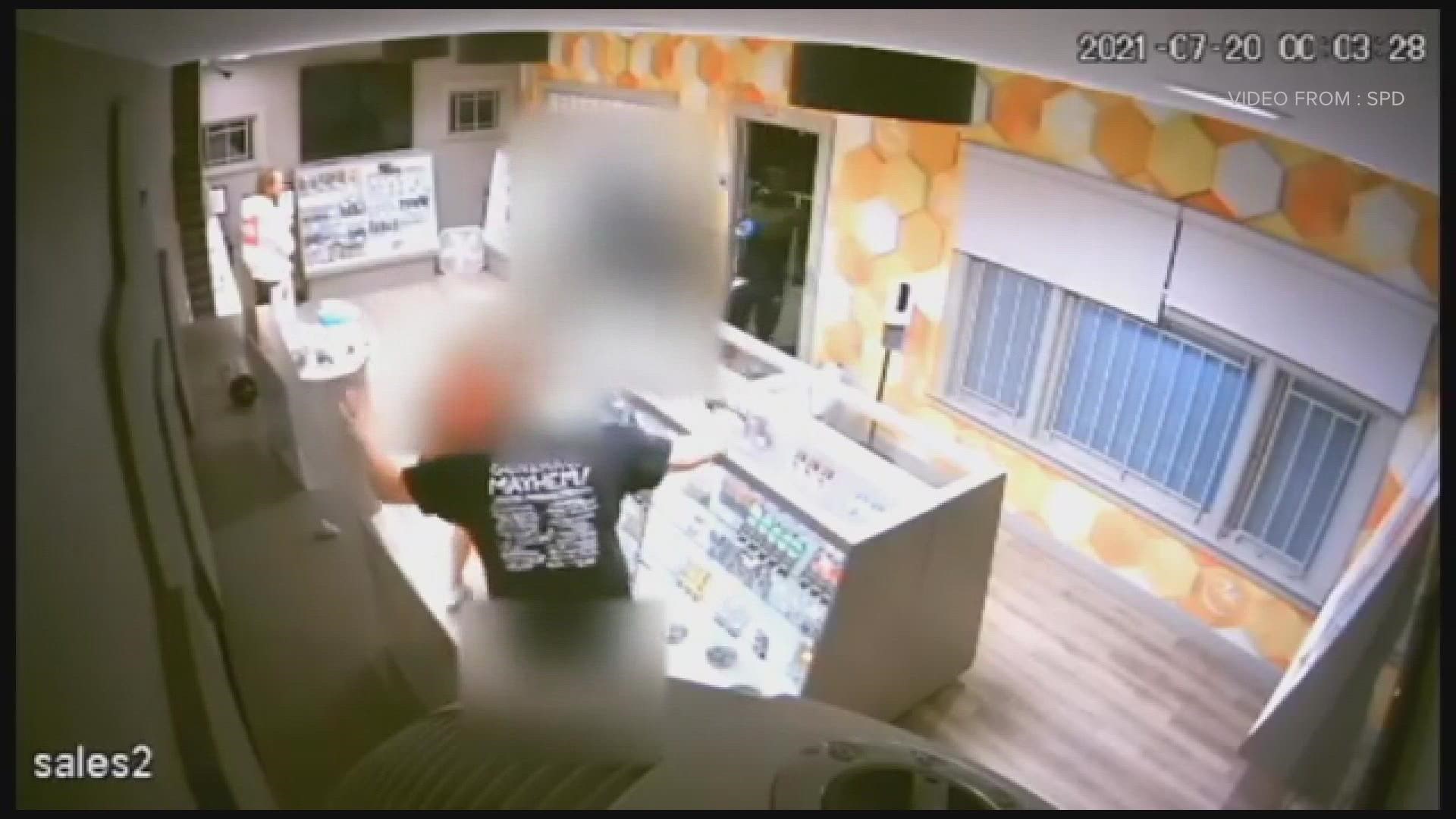OLYMPIA, Wash. — Washington lawmakers are preparing to wrap up their work Thursday with final votes on a supplemental state budget and a transportation revenue package before they adjourn their 60-day legislative session.
The changes to the current two-year state operating budget were released publicly Wednesday following negotiations between House and Senate Democratic budget writers. In addition to state funds, the budget uses more than $1 billion of COVID-19 federal relief funds.
The compromise budget builds off of the $59 billion, two-year spending plan adopted by the Legislature last year and is similar to initial proposals released last month by both chambers, with significant spending in a variety of areas, including efforts on reducing homelessness, adding more social supports like nurses and counselors for students, behavioral health and ongoing pandemic response, including rental and utility assistance for people who are trying to avoid eviction.
While there are no general tax increases, there are also no across-the-board tax cuts, something Republicans had argued should have been on the table given the significant influx of revenues the state has seen over the past year.
The operating budget also transfers more than $2 billion to the nearly $17 billion, 16-year transportation revenue package. Lawmakers reached a final agreement on Wednesday to that package after finding another source for $2 billion of the overall funding after cutting an initial proposed tax on fuel exported from the state’s five refineries that was heavily criticized by neighboring states. To fill that hole, for the next 15 years, the agreed-upon plan pulls an additional $57 million a year from the state budget, and another $57 million a year from the state’s public works account.
The transportation revenue package spends on projects ranging from building new hybrid electric ferries and funding more walking and biking corridors to highway maintenance and replacing fish passage culverts. Funding is also provided to ensure that those age 18 and younger can ride for free on public transportation.
Unlike previous packages that have included gas tax increases, that plan gets a bulk of its funding — $5.4 billion — from a carbon pricing program signed into law last year that requires the state’s largest emitters, like refineries, to purchase credits for allowed emissions if they exceed a cap set by regulators.
Lawmakers had already reached agreement on a $1.5 billion state construction budget that spends on areas ranging from housing and homelessness, to behavioral health facilities, to making seismic upgrades at public schools. That budget cleared both chambers with unanimous support this week and is headed to Gov. Jay Inslee for his signature.

